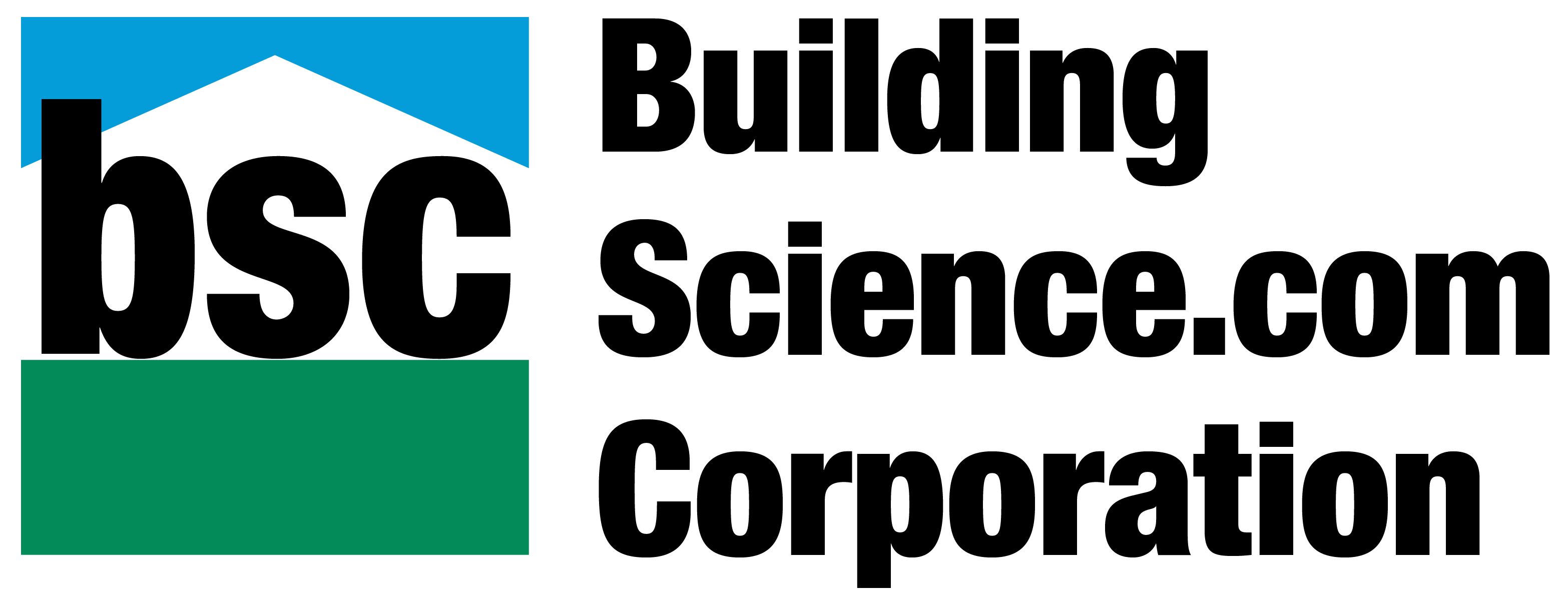External Event Date
Location
Virtual
This course was originally presented at BuildingEnergy Boston 2020, a conference presented by the Northeast Sustainable Energy Association (NESEA)COURSE OUTLINEUnvented Roofs without Spray Foam: The Rest of the StoryUnvented Roofs without Spray Foam: The Rest of the Story (Video - 01:02:57 hours)Back in 2016, our team started a multiyear experiment, sponsored by Building America, on unvented roofs without spray foam or exterior rigid insulation, using an instrumented test hut with multiple test bays. The experiment examined cellulose vs. fiberglass insulation, interior vapor control membranes, diffusion vents at the ridge, interior humidification, inward vapor drive issues, and the effect of air barrier imperfections. Some preliminary results were presented at BuildingEnergy Boston in early 2018. After three winters of experimentation, this is the rest of the story. We will give our take on what works, what is too risky, and what you might be able to get away with some of the time.Professional credits (or CEUs, "continuing education units") are not available at this time; check back later for options to earn credits.Learning ObjectivesExplain the moisture risks inherent in unvented/compact roof assemblies with fibrous (air‐permeable) insulationDefine the roles that vapor diffusion and air leakage have on moisture levels in roofsExplain the role that a vapor diffusion vent can have in ameliorating roof moisture risksDescribe the risks of inward vapor drive in unvented roof assembliesReady To Sign Up Today? Click Here to EnrollCheck Back for CEU InformationAlthough CEUs are not available at this time; check back later for options to earn CEUsAUTHORKohta UenoBuilding Science Corporation, Senior AssociateKohta Ueno is a senior associate at Building Science Corporation, a building science consulting and architecture firm with offices in Boston, Massachusetts and Waterloo, Ontario. His responsibilities at Building Science Corporation include forensic field investigations, energy and hygrothermal modeling, building science research, and field testing. His undergraduate...[more]
Presentation Documents
